Netflix Adds The Craziest Documentary You Need To Discover
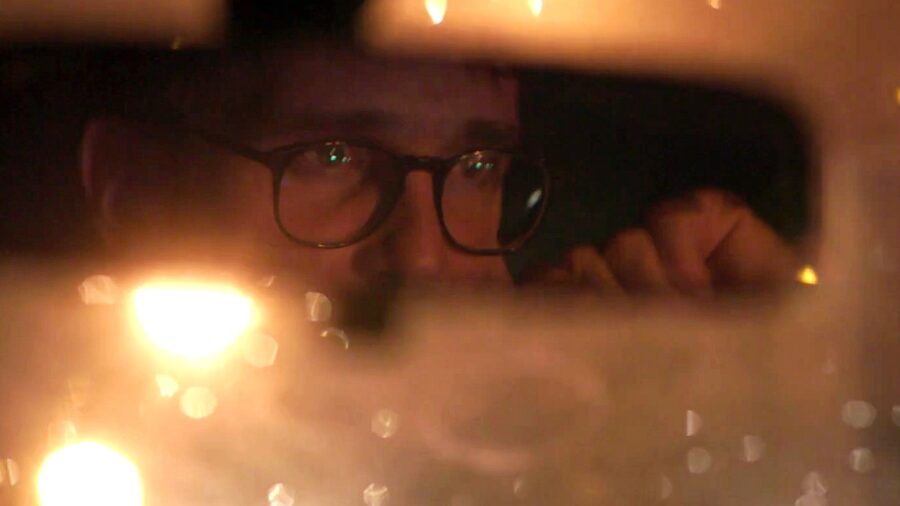
The 2022 documentary Mister Organ is streaming on Netflix. Created by New Zealand journalist David Farrier, the film focuses on the mysterious figure behind Bashford Antiques and a controversial car clamping business in Ponsonby, Auckland. The documentary uncovers a tale of psychological warfare, legal battles, and the repercussions of one man’s dubious practices.
Mister Organ Streamin On Netflix
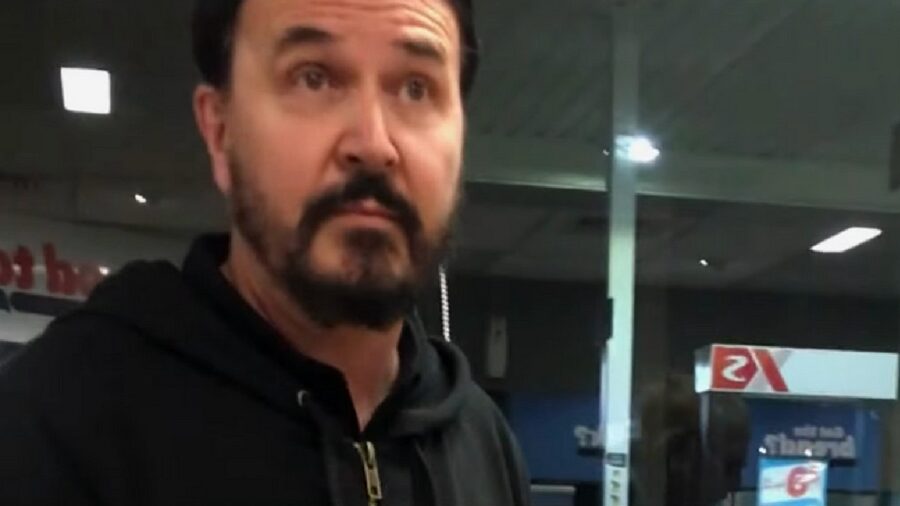
Mister Organ begins with Farrier stumbling upon a peculiar tale involving a parking attendant at a New Zealand antique shop. What seems like a quirky story about parking extortion takes an unexpected turn when Farrier sets his sights on Michael Organ, the man behind the scheme. Viewers are thrust into a whirlwind of bizarre revelations as the investigation unfolds.
Not Your Average Documentary
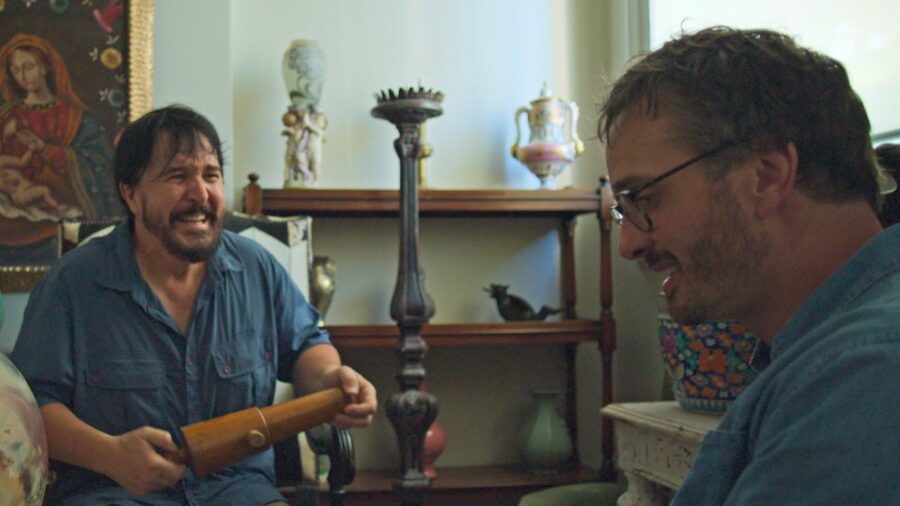
What sets Mister Organ apart is the strangeness of Mister Organ’s past as a convicted yacht thief and self-proclaimed Prince and the profoundly uncomfortable journey Farrier embarks upon. The documentary blurs the lines between journalist and subject, challenging the traditional principles of objectivity.
Farrier becomes more than an observer. He becomes a reluctant confidant and sounding board for Mister Organ, a man whose actions and intentions remain mysterious. The discomfort intensifies as Farrier interviews Organ’s former friends and roommates, who paint a chilling picture of a man with a sinister ability to infiltrate and destroy lives.
Things Get Personal
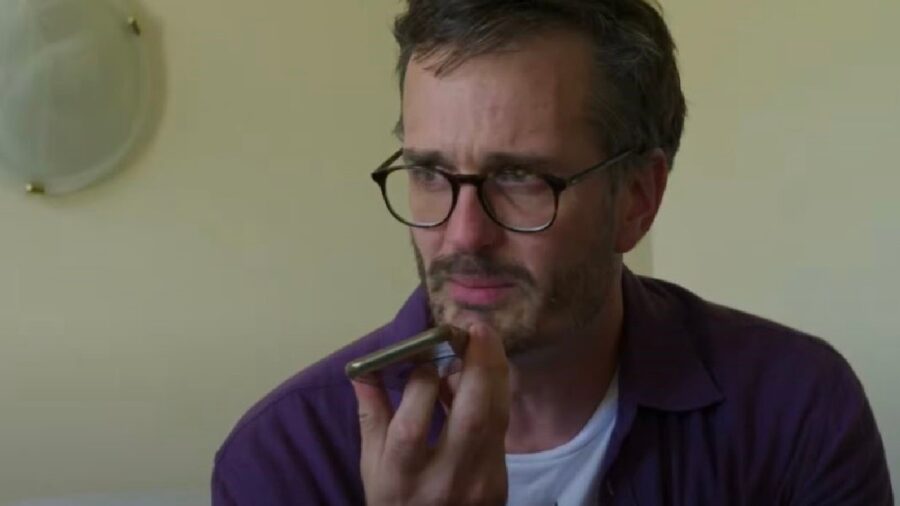
Simultaneously, Mister Organ seems determined to turn the tables on Farrier. Farrier’s decision to make himself and his emotional responses part of the story is an unconventional move for a documentary. The departure from conventional documentary storytelling skirts the boundaries between journalistic objectivity and personal involvement.
A Long Investigation
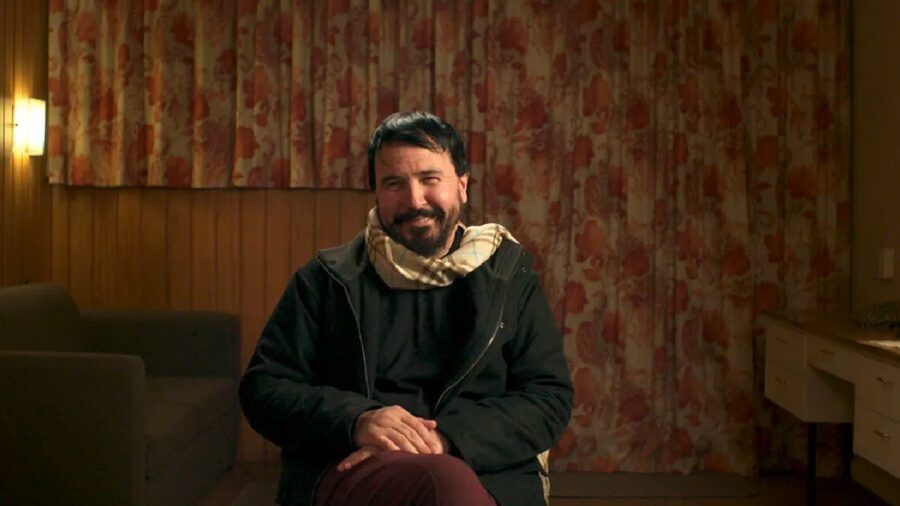
Mister Organ is the result of a rigorous three-year investigation that began in 2016 with Farrier’s investigative article on Bashford Antiques for New Zealand publication The Spinoff, leading to the country’s government’s implementation of legislation against excessive clamping fees. Despite the positive outcome, Farrier described making the documentary as a challenging ordeal.
The Reception
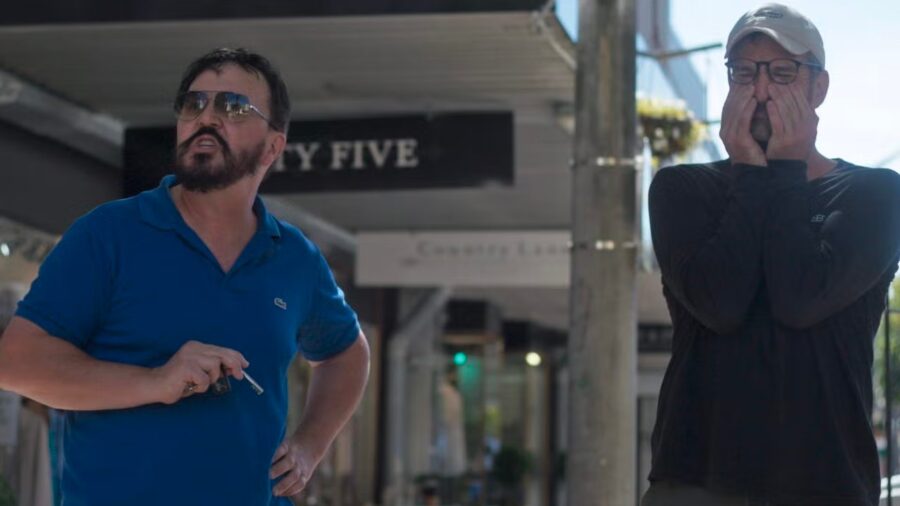
Mister Organ premiered at Fantastic Fest in Austin, Texas, in October 2022. The documentary film then made its way to New Zealand cinemas on November 10 of the same year. It received widespread acclaim upon its release, boasting a 95 percent critic score on review aggregator Rotten Tomatoes with an equally impressive audience score of 78 percent.
The Drama
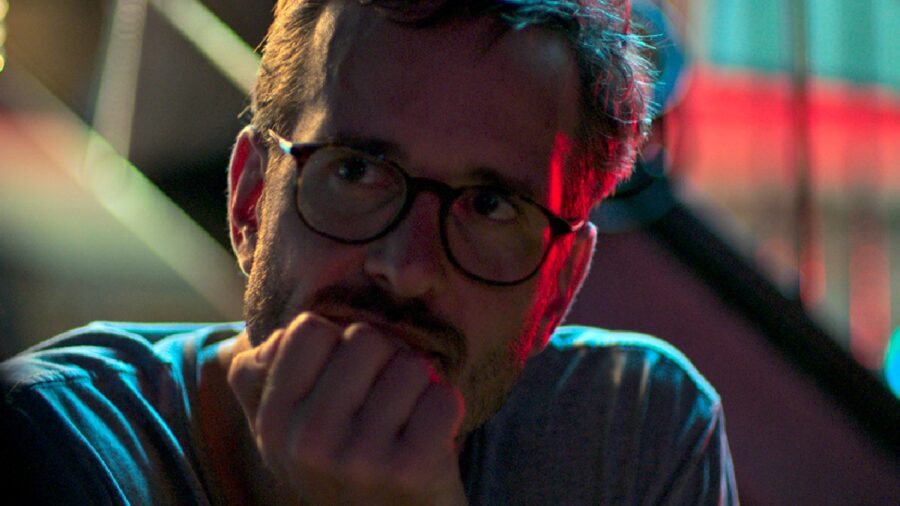
The drama surrounding Mister Organ extends beyond the screen into further legal battles. As revealed in the documentary, Farrier’s acquisition of the now-closed Bashford Antiques sign led to a dispute with Organ, resulting in a NZ$3,000 compensation payout. The controversy continued with a temporary restraining order against Farrier before the documentary’s release.
In October 2022, broadcaster Sean Plunket took to social media to share legal documents related to the temporary restraining order. Confirming the authenticity of these documents during a media interview that November, Farrier announced his intention to take legal action against Plunket due to his posts and the widespread dissemination of the protection order.
The Drama Got Serious
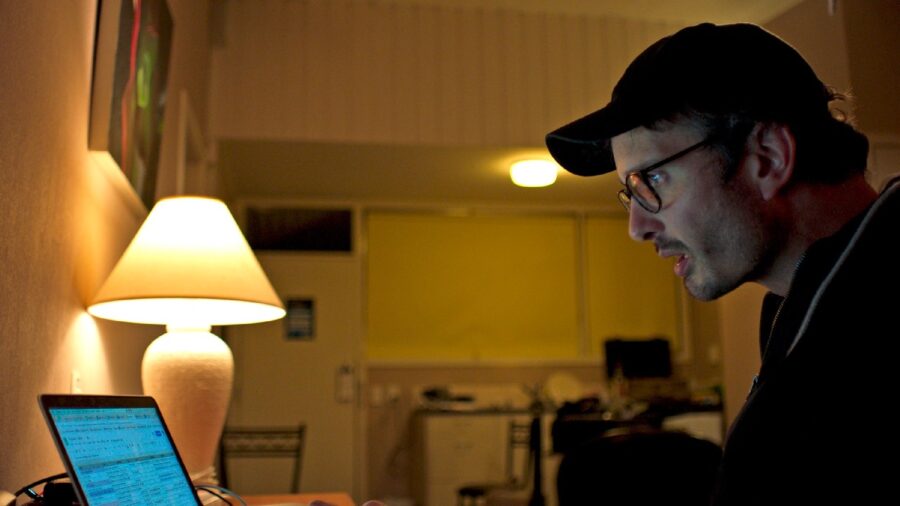
In March 2023, Farrier revealed that the temporary restraining order had been discharged, and the judge dismissed the application for a final order. It was also revealed that Michael Organ played a significant role in the ruling by suggesting that the application might have been strategically crafted to hinder the release of Mister Organ.
In April 2023, Plunket was charged with publishing a Family Court report, including identifying information about a person, without court permission. In July 2023, police dropped the charges against Plunket related to the Mister Organ papers, citing difficulties proving that it aligned with the Family Court Act’s definition of publishing details about a “vulnerable person.”












